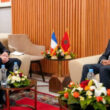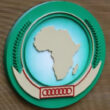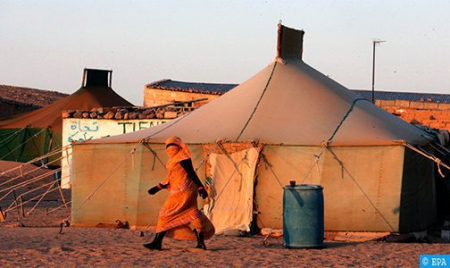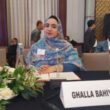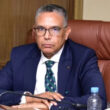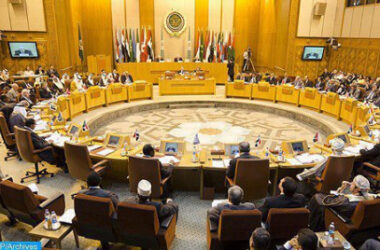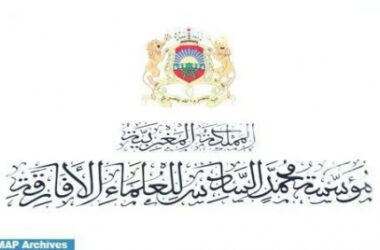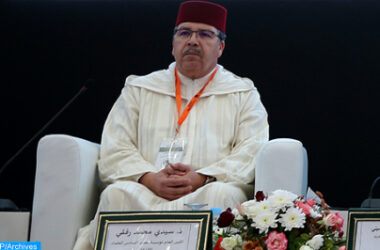“For nearly five decades, the persistent failure of the host country of the Tindouf camps to comply with its international obligations to preserve the humanitarian and civilian character of the camps has led to a situation characterized by individual and collective human rights violations,” said Touria Hmyen, petitioner at the C24 annual meeting.
She noted that these camps are a lawless zone where the separatist “polisario” group and its criminal armed militias “resort to various inhumane practices”, stressing that in addition to individual infringements of fundamental civil, political, economic and socio-cultural rights, there is the collective aspect of the absence of a defined legal framework governing the rights and obligations of these detained populations on Algerian territory.
“The populations of the Tindouf camps are being handed over to the armed militias of the +polisario+, in flagrant violation of international humanitarian and human rights law, and in defiance of the recommendations of UN human rights mechanisms and international NGOs, which have described the devolution of jurisdiction by the host country to the separatist militia as illegal and in total violation of international law and the conventions and covenants it has ratified,” she pointed out.
Noting that in the Tindouf camps, freedoms of expression, opinion and association are constantly flouted, Hmyen stressed that “polisario” militias use their weapons to “savagely repress gatherings”, which “leads to a series of arrests that often end up in the sinister Dhibia prison”.
“For years, this armed separatist group has also resorted to enforced disappearance. Hundreds of individuals have been abducted and held in secret detention centers. Their only crime? Being suspected of having ideas different from those of the militia”, she said, citing the case of Mohamed Salem Nafii, a captive from the camps, who died in suspicious circumstances while languishing in an Algerian prison.


